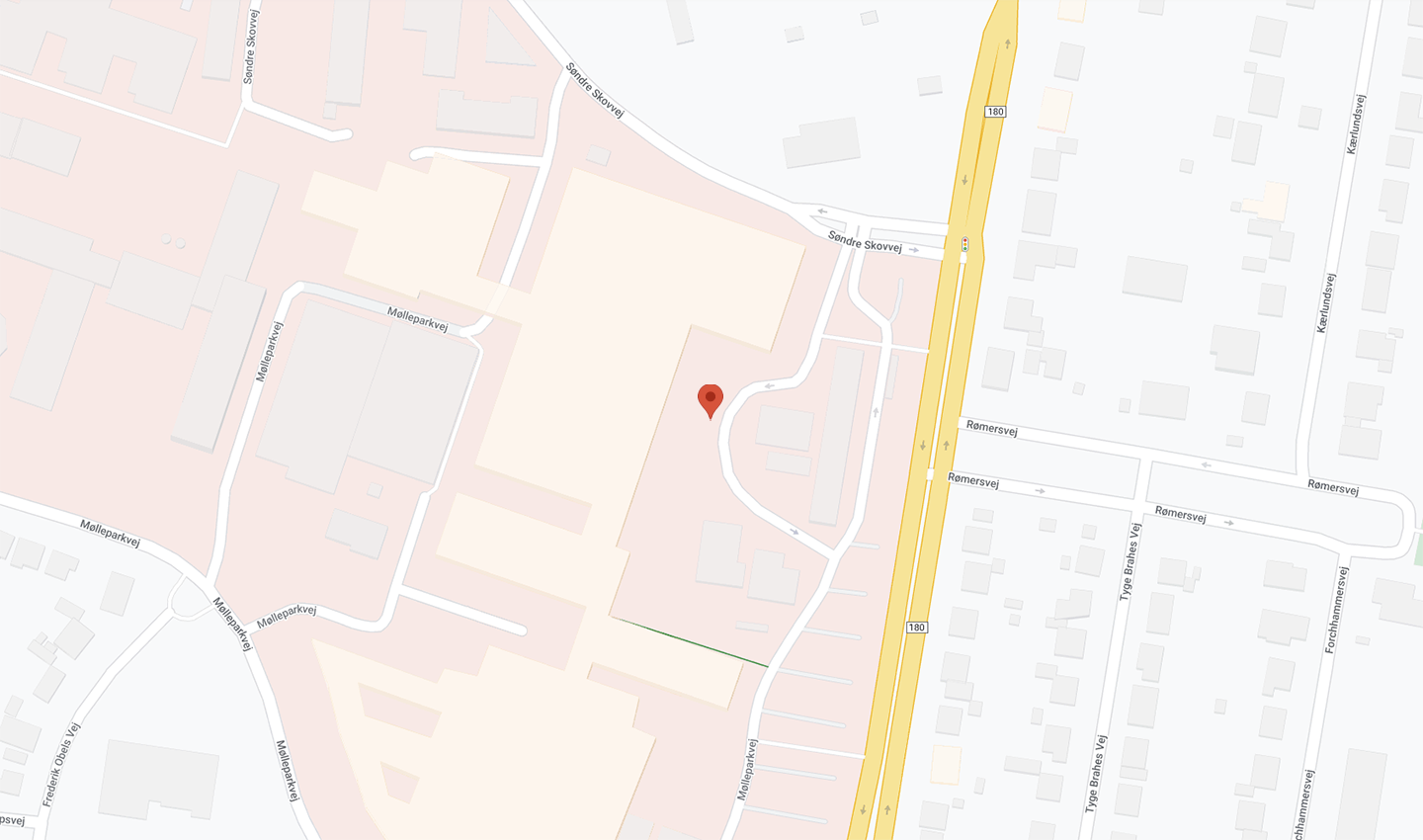Haas, S., Faaborg, P. Liao, D., Laurberg, S., Gregersen, H., Lundby, L., Christensen, P. and Krogh, K. (2018). Anal sphincter dysfunction in patients treated with primary radiotherapy for anal cancer: a study with the functional lumen imaging probe. Acta Oncologica. 57,(4):465 - 472.
Juul, T., Elfeki, H., Christensen, P., Laurberg S., Emmertsen K.J., Bager, P. (2018). Normative Data for the Low Anterior Resection Syndrome Score (LARS Score). Annals of Surgery
Damsgaard, B., Dalby, H. R., Krogh, K., Jørgensen, S. M. D., Arveschough, A. K., Agnholt, J., Dahlerup, J. F. and Jørgensen, S. P.(2018). Long-term effect of medical treatment of diarrhoea in 377 patients with SeHCAT scan diagnosed bile acid malabsorption from 2003 to 2016; a retrospective study . Alimentary Pharmacology & Therapeutics. 47(7):951-957
Haas, S., Faaborg, P., Gram, M., Lundby, L., Brock, C., Drewes, A. M., Laurberg, S., Krogh, K. and Christensen, P.(2018). Abnormal neuronal response to rectal and anal stimuli in patients treated with primary radiotherapy for anal cancer. Radiotherapy and Oncology, 128:369–374.
Jørgensen, J.B., Bondeven, P., Iversen L.H., Laurberg S. og Pedersen, B.G. (2018). Pelvic insufficiency fractures frequently occur following preoperative chemo-radiotherapy for rectal cancer – a nationwide MRI study. Colorectal Dis. 20 (10):873-880
Yde, J., Larsen, H. M., Laurberg, S., Krogh, K. and Møller, H. B.(2018). Chronic diarrhoea following surgery for colon cancer—frequency, causes and treatment options. Int. J. Colorectal Dis. 33 (6):683–694
Thyø, A., Emmertsen, K.J. and Laurberg S.(2018). The Rectal Cancer Female Sexuality Score: Development and Validation of a Scoring System for Female Sexual Function After Rectal Cancer Surgery. Diseases of the Colon & Rectum. 61(6):656–666
Bertelsen, C.A. , Effeki, H., Neuenschwander, A.U., Laurberg S., Kristensen, B., and Emmertsen, K.J.(2018). The risk of long-term bowel dysfunction after resection for sigmoid adenocarcinoma: a cross sectional survey comparing complete mesocolic excision with conventional surgery. Colorectal Dis. 20:256-266
Jakobsen, I.H., Jeppesen, M.M., Simard, S., Thaysen, H.V., Laurberg, S. and Juul, T.(2018). Initial validation of the Danish version of the Fear of Cancer Recurrence Inventory (FCRI) in colorectal cancer patients. J. of Cancer Survivorship. 12(6):723-732
Elfeki H, Thyø A, Nepogodiev D, Pinkney TD, White M, Laurberg S, Christensen P and the Colostomy Impact Study Group.(2018). Patient and healthcare professional perceptions of colostomy-related problems and their impact on quality of life following rectal cancer surgery. BJS Open.2(5):336-344
Mortensen, A.R., Thyø, A., Emmertsen, K.J. and Laurberg. S.(2018). Chronic pain after rectal cancer surgery-development and validation of a scoring system. Colorectal Dis. 21:90-99
Elfeki, H., Larsen, H.M., Emmertsen, K.J., Christensen, P., Youssef, M., Khafagy, W.,Omar, W.and Laurberg. S.(2019). Bowel dysfunction after sigmoid resection for cancer and its impact on quality of life. BJS. 106:142-151



